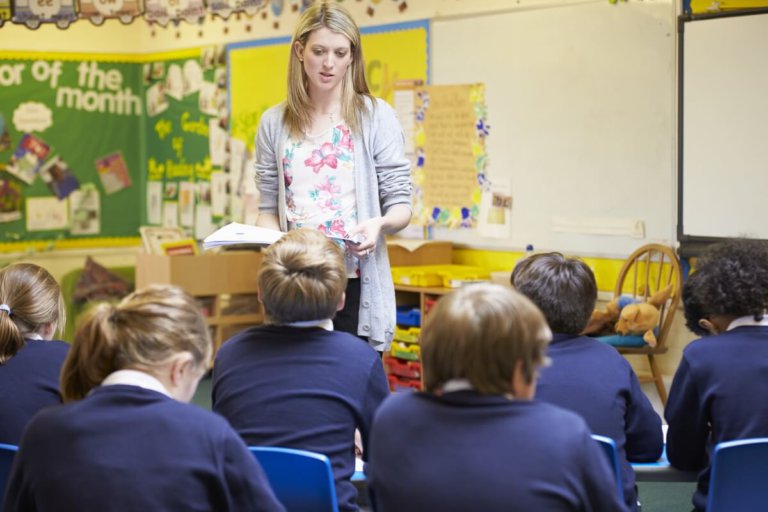
WhatsApp groups are known for easing communication with large groups of people but they are also becoming the scourge of teachers.
Educators note that group chats can help foster closer ties between parents and teachers, help parents keep tabs on their children in school in addition to serving as a platform to receive information quickly, especially in the event of an emergency.
But when not managed correctly, WhatsApp groups can also lead to many issues, including the potential for miscommunication and how access to teachers can negatively affect educators’ work-life balance.
Non-stop communication

Some parents have little respect for boundaries. Source: Shutterstock
WhatsApp group chats are reportedly irking teachers when parents message them at all hours of the day, and in some instances, for unimportant reasons, further adding to the stress and burden of teachers.
In Malaysia, a tweet of a local news report highlighting the negative experiences of teachers who were bombarded with messages from parents in WhatsApp group chats had gone viral.
According to the report, parents sometimes lacked boundaries. This includes requesting teachers to check whether or not their child had brought their water bottle to school or if the teacher could help find their child’s missing pencil case.
The post received prompted some to condemn parents who messaged teachers past their working hours.
Meanwhile, another user related the experience of his mother – a school teacher – who reportedly came home after a busy day in school to a message in her parents group chat asking if she had died as she had not responded to any questions in the group.
When WhatsApp groups chats rears its ugly head
Just last year, Dominic Floyd, headteacher at Mount Kelly, a private school in Devon, wrote about the problem in Attain, the school’s magazine, reported The Telegraph.
He said there is a “worrying” trend towards schools setting up mass email chains or large group conversations on social media platforms for parents, adding that WhatsApp groups for parents create a “forum for negativity” full of “vitriolic tirades” and urged schools to return to face-to-face communication.
“While these groups can be helpful, and really positive, they can also fuel misunderstanding and become a forum for negativity,” said Floyd.
“We all know that email is a poor method of communicating as tone, nuance and language become subjective. Even punctuation can be left open to interpretation,” he said.
Meanwhile, Jane Lunnon, headteacher of Wimbledon High School in southwest London, said parents are micromanaging their children’s school lives via class WhatsApp groups. This includes checking what homework was set and what kit their children needed, reported The Times.
Lunnon opined that such groups prevented pupils from growing up, stopped them taking responsibility for the demands of daily life and has made it easy for parents to fight their battles instead.
“We know how tempting it is – but what is that teaching our children? That they can’t manage their own lives? That problems can only be solved by grown-ups?,” she was quoted saying.
Liked this? Then you’ll love…
Are school WhatsApp groups disrupting parents’ lives?
3 ways teachers are integrating robotics and coding into the classroom







